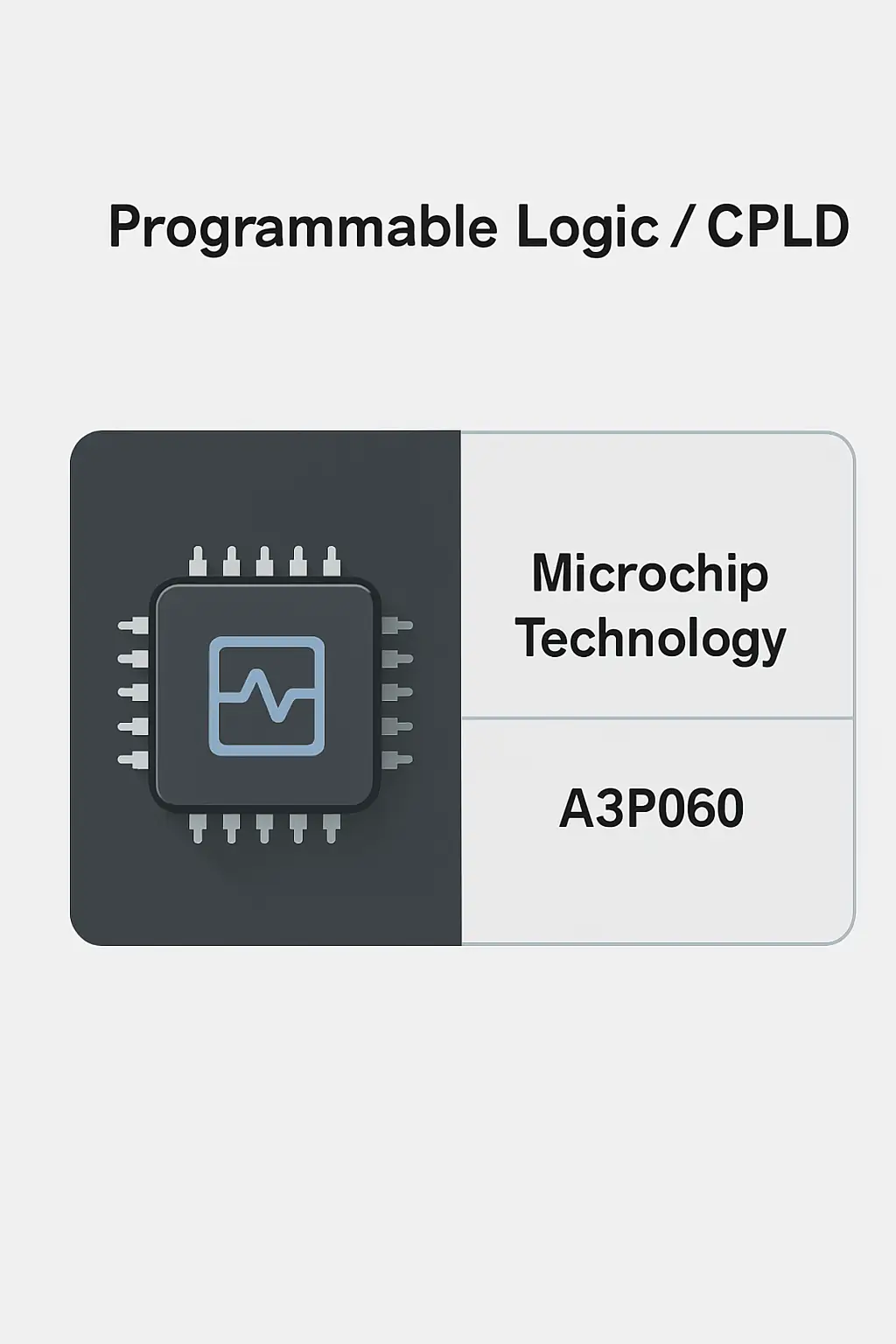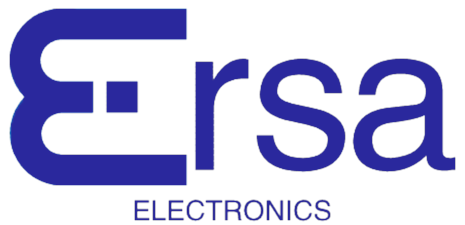Programmable Logic / CPLD
Traction inverters are essential components in electric and hybrid vehicle systems, responsible for converting direct current (DC) from the battery into alternating current (AC) to power the electric motor. These inverters play a crucial role in managing energy flow, ensuring efficient operation, and enhancing vehicle performance. They are typically integrated with programmable logic devices such as CPLDs (Complex Programmable Logic Devices) to enable precise control and real-time processing.
In the context of automotive electronics, traction inverters are part of the broader electrification and battery systems, supporting the transition towards sustainable mobility. They are used in various applications, including electric vehicles (EVs), hybrid electric vehicles (HEVs), and advanced driver-assistance systems (ADAS). Their ability to handle high voltages and currents makes them suitable for demanding automotive environments.
Programmable logic and CPLD technologies enhance the functionality of traction inverters by allowing customizable control algorithms, fault detection, and system diagnostics. This combination ensures reliable and safe operation under different driving conditions. Traction inverters also contribute to energy efficiency, reducing power loss and extending the vehicle's range.
These systems are vital for modern automotive electronics, enabling seamless integration between the powertrain, battery management, and vehicle control units. As the automotive industry continues to evolve, traction inverters and their associated logic controllers will remain key components in the development of next-generation electric vehicles. Their design and performance directly impact the overall efficiency, safety, and user experience of electric transportation.
Details
Programmable Logic / CPLD

Related Parts
| Series Name | Description | Manufacturer Name | Attribute Description |
|---|---|---|---|
| Microchip Technology | 6000 system gates, 108 MHz, 1.2–3.3V operation, 64 macrocells, 56 I/O pins, embedded RAM, low-power CMOS, flash-based programmable logic, IEEE 1149.1 JTAG support. |








.png?x-oss-process=image/format,webp/resize,h_32)










